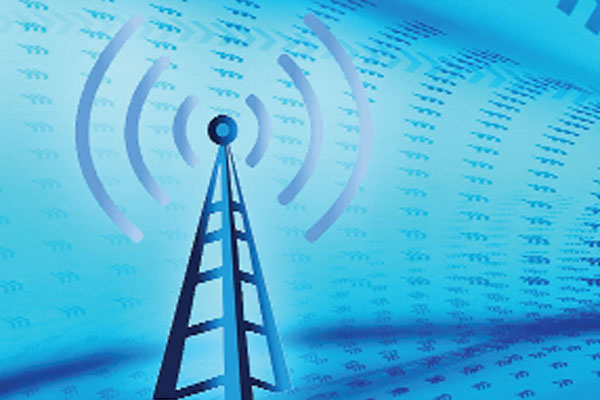
Tatas’ deal with Airtel to sell the consumer mobile business marks the end of the $104 billion group’s 21 tumultuous years in telecom. Tata Sons chairman N Chandrasekaran had earlier said that Tata Teleservices was in a really bad shape on the back of huge debt and monthly cash losses. He had indicated that its turnaround was an extremely difficult task.
The failure in the telecom business had dogged Tatas. Tata Teleservices initially offered telecom services on CDMA platform, which wasn’t a roaring success. It switched to GSM platform when Japan’s NTT DoCoMo came as a strategic partner with 26 per cent stake, paying Rs 14,000 crore. It was the first telecom company to introduce per second billing, a great consumer centric move, and the first one to offer 3G services. After a bitter battle, DoCoMo exited the venture in 2014.
As part of its larger restructuring strategy focusing on strengthening core operations in steel, software and automobiles, the salt-to-software group may exit non-core operations, sources said.
Tatas have already merged their debt-ridden European steel operations with German major Thyssenkrupp. Tatas are also looking at divesting drug discovery services company Advinus Therapeutics.
Industry sources said ultimately Tatas as part of their strategy will exit the non-core business involving telecom, overseas cable and enterprise services, and DTH businesses.
Chandrasekaran, who took the Tata Sons helm in January following a feud between Ratan Tata and Cyrus Mistry, is capping capital exposure in Tata Ceramics, Tata Business Support Services, Tata Asset Management, Tata Autocomp Systems and Tata Chemicals' fertilizer unit. At the same time, he is increasing investments in high growth and industry leading businesses.
With regard to Tata Teleservices, the triggers for exit were sustained market share loss, lack of high-speed spectrum and extremely poor financials.
Prior to the exit, Tata Teleservices had informed the Department of Telecom about its decision and transfer spectrum through a deal to Airtel. The telecom arms include the listed Tata Teleservices (Maharashtra) Ltd., which provides mobile services in Mumbai, Maharashtra and Goa circles. Tata Sons also owns 37 per cent in TTML. The group retained the enterprise business, boradband and wireline operations.
Trai figures suggested the company has been losing customers. Tata Teleservices holds about 180 megahertz (MHz) across three bands, some of them under the administered regime allocated without bidding.





